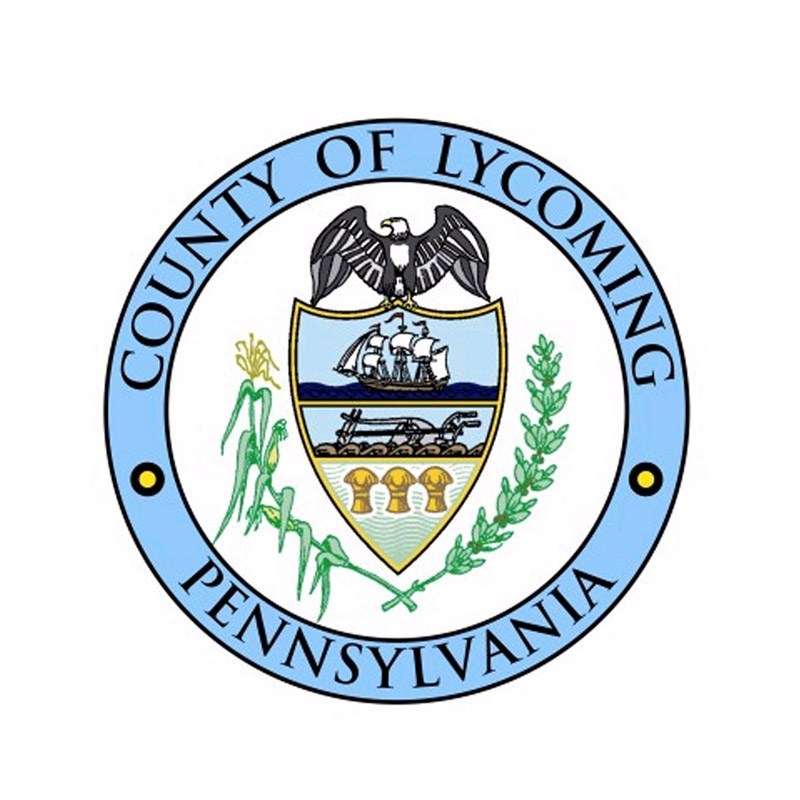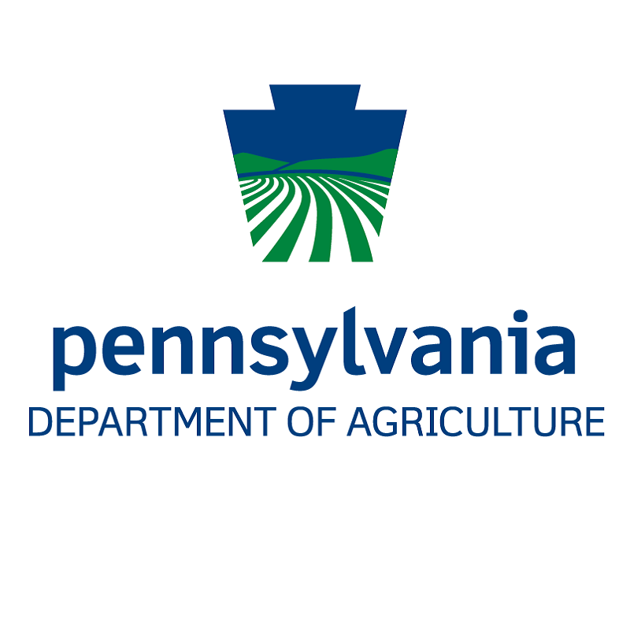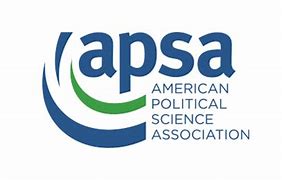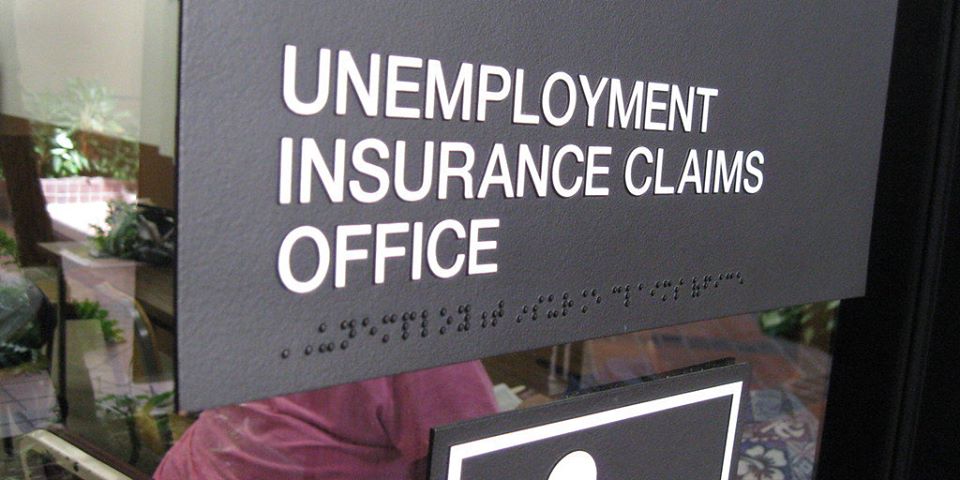Harrisburg, Pa. – In remembrance of the victims of the September 11, 2001 attacks and in honor of Patriot Day, Governor Tom Wolf has ordered all United States and Commonwealth flags on the Capitol Complex and Commonwealth facilities throughout the state lowered to half-staff at sunrise on Friday, September 11, 2020.
“On Patriot Day, we commemorate the lives lost during the tragic events of September 11, 2001,” said Gov. Wolf. “May their bravery and sacrifice remind us to value our communities and the bonds between every American, and to seek ways to serve one another.”
The United States Flag shall fly at half-staff from sunrise to sunset on Friday, September 11, 2020. The commonwealth flag has flown at half-staff since Wednesday, March 11, 2020, in honor of the victims of the COVID-19 pandemic and should continue to fly at half-staff until further notice.
All Pennsylvanians are invited to participate in this tribute.










